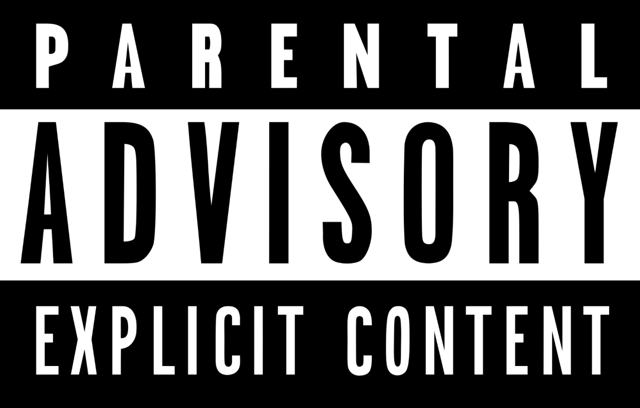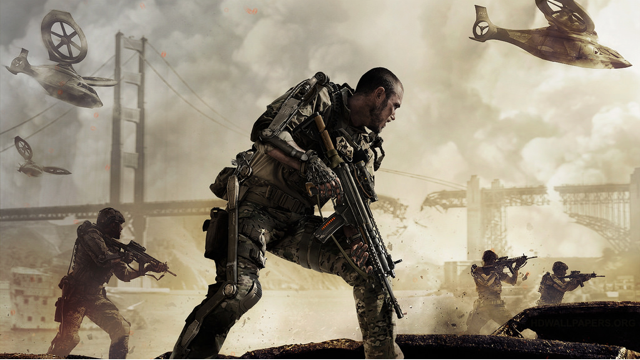One of the most debated topics in the video game industry is one that may surprise you: not graphics or gameplay, but ethics. People, whether they are gamers or not, often ask themselves if developers have an ethical obligation when creating their next title. Just like the people behind your favorite movies or TV shows, game developers are asked to consider how their work will influence people.
Sometimes it seems public opinion likes to focus on the ethics of video games even more than that of films and TV shows, perhaps because it’s a newer medium. It also doesn’t help that, unlike even Hollywood’s most controversial films, video games allow the player make choices and essentially become a character in their game experience. Many argue that the immersive, experiential nature of this form of entertainment raises unique ethical issues.
At the same time, the game industry wants games to be seen not just as entertainment, but also as an art form. Many argue that this means video games should be held to higher standards when it comes to what they depict, and how.
At the end of the day, many agree it’s up to each person to decide what makes a game “unethical.” But what do you think? Read on for some food for thought in this popular and important debate on the ethics of game design.
The Hottest Topics of Discussion
Below we’ve listed the three major areas where ethics play a role in how game designers create their virtual experiences:
Violence is perhaps the biggest talking point when talking about controversial games. Although violence has existed in games almost as long as the game industry itself, those desiring to censor games have focused on a number of infamous titles.
One of the first was the original “Mortal Kombat,” which led to several court cases and played a role in the creation of the Entertainment Software Rating Board.
Today, violence is everywhere in games. Games have also been accused of having a negative effect on players and desensitizing people to violence. However, game developers continue featuring violence in their games, arguing they do so only at a level that fits the context of the game’s world.
Nudity
Nudity is another sensitive topic when discussing ethics in games. While the number of adult gamers has grown exponentially over the years, younger players are still the biggest demographic for games, and likely to play any given game. This means that even if ESRB gives a Mature rating, plenty of gamers under 17 years of age will probably still play.
The evolution of graphics and realism in game art has sparked fresh debate on the topic of nudity in games, even if the developers only intend adults to play them. Many game designers feel they should have the same artistic freedom as Hollywood to depict mature content in their projects, and argue that it is every individual parent’s responsibility to keep M-rated titles out of their children’s hands.
Some games let player participate as a hero looking to bring the bad guys to justice, and feature villains committing acts of crime, from theft and arson to battery and homicide. But what about the opposite situation, where the player participates as a criminal? The issue a lot of people have with certain games is that they consist of gameplay where the player must commit crimes to advance.
Of all the titles out there to use as an example, none is better than “Grand Theft Auto,” arguably one of the most controversial series of all time, where players play as criminals. When it comes to crime in games, designers tend to leverage a little more freedom but are still careful. Knowing that not everyone approves of committing crimes in games, the many top game designers find ways to put the choice in the player’s hands. Most developers agree there should be rewards and consequences to influence the player’s decisions in a fun, engaging way.
Today, many people don’t have a problem with games featuring profanity and references to substances like alcohol, drugs, and tobacco. However, many others aren’t comfortable with this content, especially when thinking of letting younger gamers play titles littered with profanity. Unfortunately, the games that allow the player to censor cuss words are few and far between.
Some people also argue against showing characters, especially the protagonist/hero, using illegal drugs, tobacco, or any substance known to be harmful to your health — as is the case, for example, in The Saints Row series.
Responsibility vs. Artistic Freedom
Game developers feel they should have the same freedom as filmmakers, authors, and other artists. As an artform, games have the power to tell incredible stories, and many game designers argue that sometimes this requires including sensitive content. To the average game developer, censoring game content is equivalent to limiting their artistic freedom.
At the same time, designers should always consider that what they’re adding to their projects will be seen by people of all ages. Many consumers argue that, aside from protecting underage gamers, censoring game content provides a more positive game space that can still be creative and compelling. It also doesn’t help that many developers have been known to add controversial content not for storytelling purposes or artistic decisions, but simply to make the game more commercially appealing.
In the end, it’s still up to gamers and parents to consider the ESRB rating before venturing into their next virtual adventure. But what do you think about the debate on the ethics in game design?
Gain valuable hands-on experience in game design and hone your video game artwork and storytelling skills through our two-year MFA in Game Design Program. Visit our Master of Fine Arts in Game Design page to learn more and apply.



